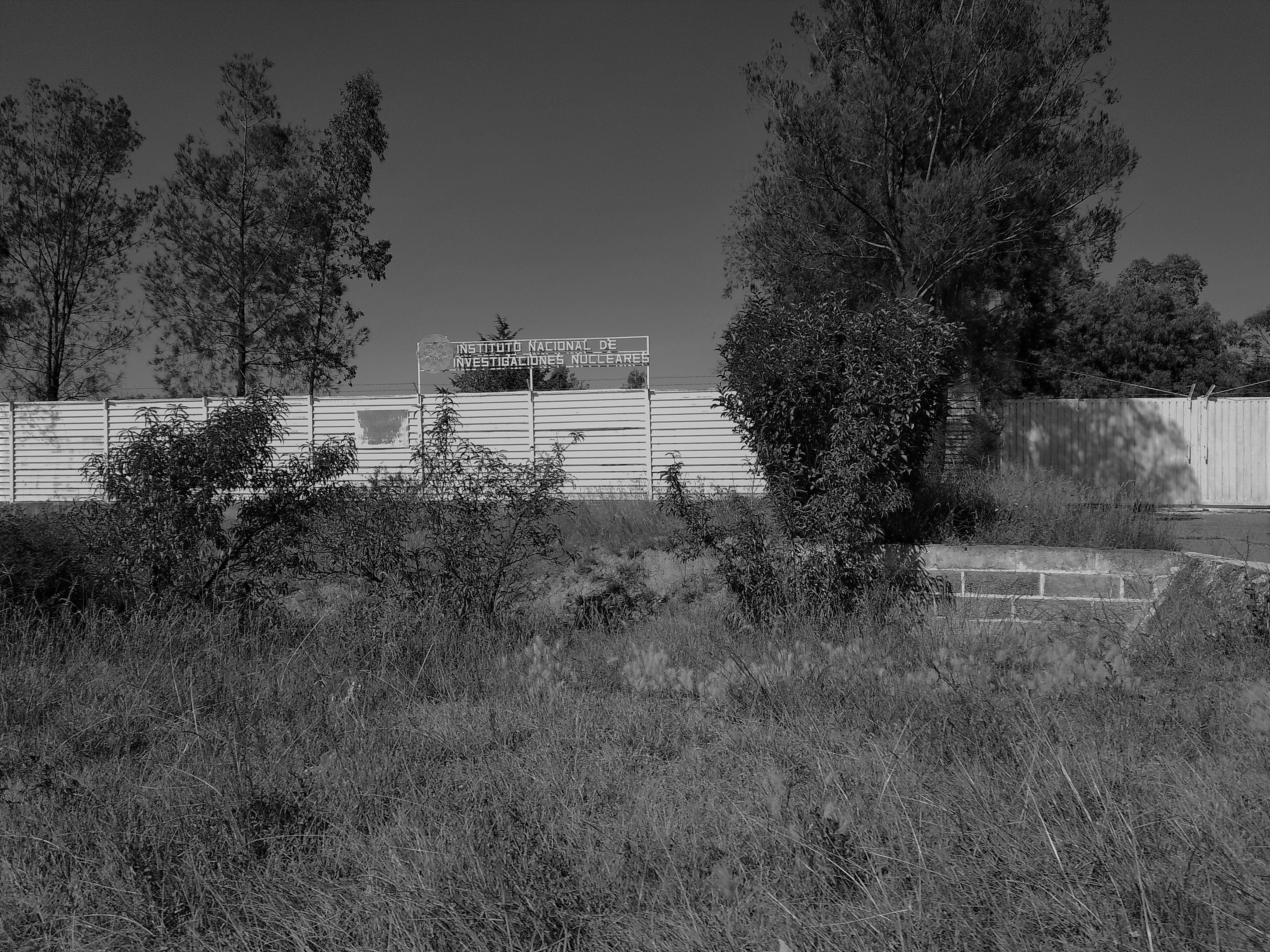RADIOACTIVE WASTE POLICIES AND SOCIAL PERCEPTION OF RISK IN TWO COMMUNITIES IN THE STATE OF MEXICO, MEXICO
DOI:
https://doi.org/10.22478/ufpb.2447-9837.2023.n15.66677Abstract
This article presents how people living in two communities adjacent to a radioactive waste repository in Mexico construct their perceptions of risk through embodied sensorial experiences, feelings of uncertainty and the spread of rumor. A four-month ethnographic fieldwork was carried out, with semi-structured interviews to key informants, the use of geographic information systems and official databases. We show how the social perception of risk and danger is produced based on an unequal power relationship between local, state and federal government institutions without a process of consensus building with the localities. On the contrary, the establishment and legitimization of the Radioactive Waste Storage Center (CADER) were construed on lies and unfulfilled promises of education and work opportunities for the communities.
KEYWORDS: Social perception of risk. Radioactive waste. Mexico. Capitalocene.
Image: Main façade of the Radioactive Storage and Waste Center (CADER). Source: Edgar Delgado Hernández.
Downloads

Downloads
Published
Issue
Section
License
- Autores mantém os direitos autorais e concedem à revista o direito de primeira publicação, com o trabalho simultaneamente licenciado sob a Licença Creative Commons Attribution que permite o compartilhamento do trabalho com reconhecimento da autoria e publicação inicial nesta revista.
- Autores têm autorização para assumir contratos adicionais separadamente, para distribuição não-exclusiva da versão do trabalho publicada nesta revista (ex.: publicar em repositório institucional ou como capítulo de livro), com reconhecimento de autoria e publicação inicial nesta revista.
- Autores têm permissão e são estimulados a publicar e distribuir seu trabalho online (ex.: em repositórios institucionais ou na sua página pessoal) a qualquer ponto antes ou durante o processo editorial, já que isso pode gerar alterações produtivas, bem como aumentar o impacto e a citação do trabalho publicado (Veja O Efeito do Acesso Livre).


